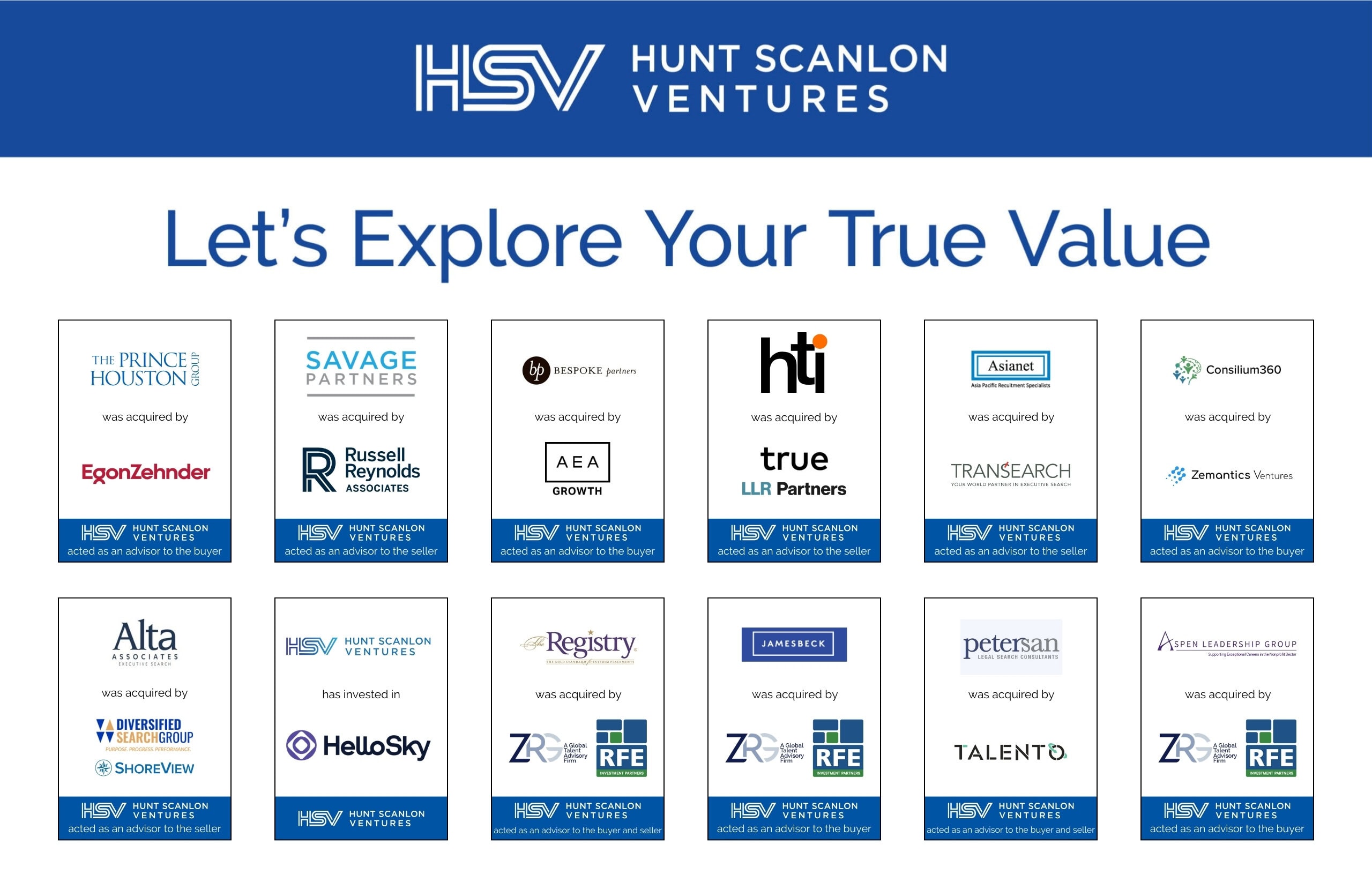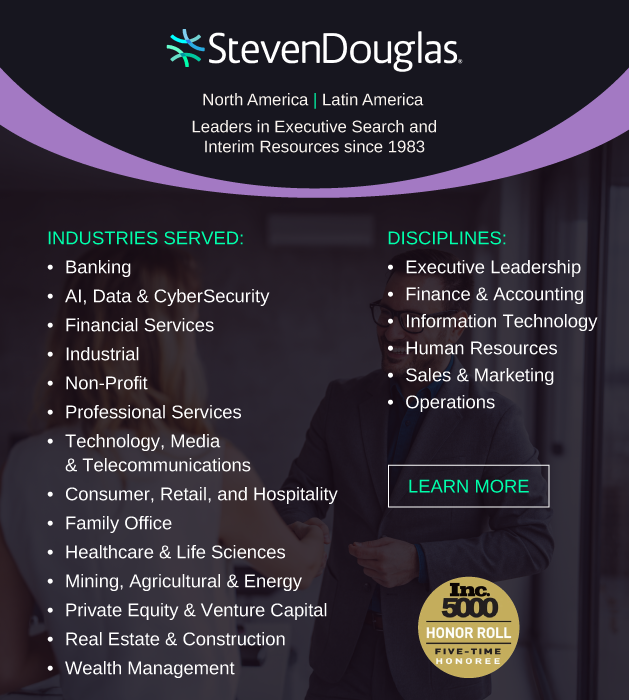As private equity firms face more complex deal environments and economic uncertainty, talent strategy is emerging as a critical differentiator. Scalable, adaptable leadership models are replacing static org charts. Leo Cummings, an associate at Hunt Scanlon Ventures, explores how firms are navigating the full lifecycle of talent – from diligence through exit – with sharper precision and broader perspective.
Private equity is entering a phase where ‘one-size-fits-all’ leadership is no longer viable. As deal timelines stretch and growth becomes harder to manufacture, firms are looking to build executive teams that can evolve alongside the business.
“Talent strategies must be adaptable to a changing economic climate and the ever-evolving business needs,” said Ellie O’Brien Coleman, principal and West Coast office leader at executive search firm Oxeon.
Scalable talent strategy isn’t just about having a bench. It is about knowing when – and who – to hire depending on the stage of the company, the market conditions, and the investment thesis.
“Private equity is entering a phase where ‘one-size-fits-all’ leadership is no longer viable.”
“If I’m recruiting a CEO to a $5 million company, I prioritize a different skill set than that of a $250 million business on the heels of a recent transaction,” Ms. O’Brien Coleman explained. “I often advise my clients to consider whether we are hiring for the business today or the company two years from now.”
Talent as a Lifecycle Advantage
Today’s most effective investors are embedding talent into every stage of the investment lifecycle. That includes shaping leadership strategy during diligence, aligning hiring with value creation plans, and preparing for team transitions well ahead of an exit.
According to Ms. O’Brien Coleman, “Funds build and prioritize a strategy that supports their investments in phases: in diligence, at the beginning of the investment hold, and as they prepare for the next transaction.”
In recent cycles, that strategy has had to shift fast. As macroeconomic pressures intensified, many companies realized their executive teams were built for growth – not resilience.
“2023 became the year of the CFO and COO shifts,” she said. “Companies had leaders focused on growth at all costs and perhaps had not yet navigated an economic downturn in their careers.”
Hiring with Precision, Not Just Speed
Against this backdrop, the role of executive search has evolved. Firms aren’t just filling roles – they’re working proactively to build flexible networks of financial, operational, and strategic talent.
“The best firms are planning leadership moves as part of the investment thesis, not just as a response to underperformance.”
That often includes board members, advisors, and operating partners brought in to help steer companies through tougher cycles. “We saw an opportunity for value creation within existing portfolios,” Ms. O’Brien Coleman noted. “We helped identify leaders who could either help de-risk current investments or explore new strategies and investment theses.”
“Talent isn’t just reactive anymore – it’s proactive and multi-phase,” said Leo Cummings, an associate at Hunt Scanlon Ventures. “The best firms are planning leadership moves as part of the investment thesis, not just as a response to underperformance.”
Retention Is the Next Frontier
As private equity firms take a longer view of value creation, retention is becoming just as critical as recruitment.
“Our clients look for leaders who will play a role in their portfolio for many years,” said Ms. O’Brien Coleman. “We see executives partner with the same PE firm over multiple companies and roles – especially when they have a successful exit and smooth transition plan.”
“A scalable strategy doesn’t just build a great team – it keeps them aligned through every inflection point,” said Mr. Cummings.
A scalable approach also doesn’t stop at day one, he noted. It ensures the right person is positioned to deliver across the full arc of the hold period – and beyond.
Article By

Leo Cummings
Leo Cummings is Editor of ExitUp, the investment blog from Hunt Scanlon Ventures designed for professionals across the human capital M&A sector. Leo serves as an Associate for Hunt Scanlon Ventures, providing robust industry research to support the firm’s investment group.






